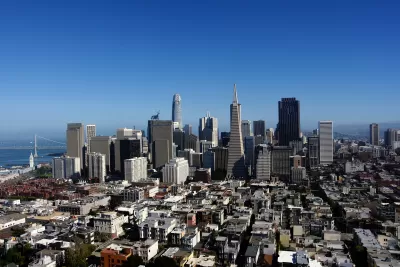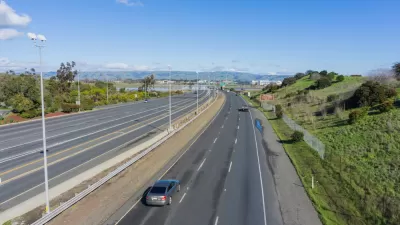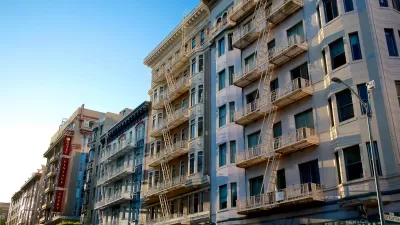Cities spend a lot of time and energy pointing to examples of what they don’t want to become.

Perceptions of cities often represent for people what they fear might be coming to their own cities, such as rising housing costs, sprawl, congestion, and poverty, writes Emily Badger:
Our deepest anxieties about the future of where we live are embodied in other cities — in Portlandification, Brooklynification, Manhattanization. The comparison is seldom a compliment. You don’t want to become Manhattan (too dense), Portland (too twee), Boston (too expensive), Seattle (too tech-y), Houston (too sprawling), Los Angeles (too congested), Las Vegas (too speculative), Chicago (too indebted).
Many of these cities are doing well by certain standards: job growth, high household incomes, and low unemployment. "But San Francisco-ization and the other -izations don’t refer to the process of acquiring any of these good things. Rather, those terms capture the deepening suspicion of many communities that the costs of urban prosperity outweigh the benefits," notes Badger.
She also points out that there is not a single path to what is seen as an urban disaster. Manhattan, for example, is unaffordable because it built to cater to the wealthy. San Francisco, however, did not build enough, and housing costs skyrocketed as a result.
Badger wonders whether there are examples of cities that have successfully fostered the good outcomes and prevented the bad ones. "We could use a word for the condition of becoming such a place. Maybe Minneapolisization?"
FULL STORY: Happy New Year! May Your City Never Become San Francisco, New York or Seattle

Maui's Vacation Rental Debate Turns Ugly
Verbal attacks, misinformation campaigns and fistfights plague a high-stakes debate to convert thousands of vacation rentals into long-term housing.

Planetizen Federal Action Tracker
A weekly monitor of how Trump’s orders and actions are impacting planners and planning in America.

San Francisco Suspends Traffic Calming Amidst Record Deaths
Citing “a challenging fiscal landscape,” the city will cease the program on the heels of 42 traffic deaths, including 24 pedestrians.

Defunct Pittsburgh Power Plant to Become Residential Tower
A decommissioned steam heat plant will be redeveloped into almost 100 affordable housing units.

Trump Prompts Restructuring of Transportation Research Board in “Unprecedented Overreach”
The TRB has eliminated more than half of its committees including those focused on climate, equity, and cities.

Amtrak Rolls Out New Orleans to Alabama “Mardi Gras” Train
The new service will operate morning and evening departures between Mobile and New Orleans.
Urban Design for Planners 1: Software Tools
This six-course series explores essential urban design concepts using open source software and equips planners with the tools they need to participate fully in the urban design process.
Planning for Universal Design
Learn the tools for implementing Universal Design in planning regulations.
Heyer Gruel & Associates PA
JM Goldson LLC
Custer County Colorado
City of Camden Redevelopment Agency
City of Astoria
Transportation Research & Education Center (TREC) at Portland State University
Jefferson Parish Government
Camden Redevelopment Agency
City of Claremont





























